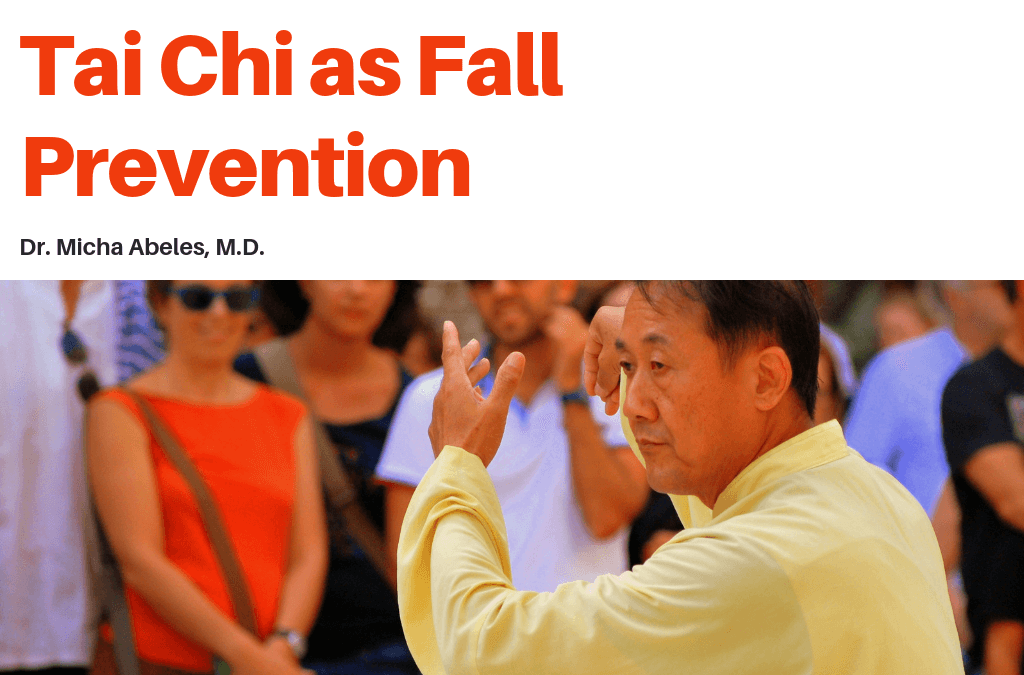As you age, the ability to balance becomes more difficult, which is often why the elderly have frequent rates of falling. Without balance, you lose mobility, and your overall health suffers because the lack of balance leads to a lack of physical inactivity. This is why it’s so important to remain active at all age levels.
Any kind of physical activity is great and helps keep your body functioning well, but a recent study showed that there’s even a specific kind of exercise to aid with balance: Tai Chi.
Tai Chi, which is an ancient Chinese art, was originally used for self-defense purposes but has since developed into a form of exercise that has many benefits for reducing stress and improving balance. Although similar to yoga in that you move from pose to pose while breathing deeply, they are two entirely separate exercises and should not be confused for each other.
The research group found that the “Tai Ji Quan: Moving for Better Balance” intervention (Tai Ji Quan is another name for the practice) reduced falls by 58% when compared to just stretching. When compared with multimodal exercise intervention, fall rates reduced by 31%, according to Fuzhong Li, Ph.D., and colleagues in JAMA Internal Medicine.
The findings from Tai Ji Quan: Moving for Better Balance (TJQMBB) have a lot of practical application, the study reported. As an exercise that requires no equipment, is low-cost and does not require a particular amount of space, Tai Chi is accessible to groups of all incomes and abilities. It’s a simple way to improve lower-body strength and balance, as well as increase the amount of time you practice physical activity throughout the day.
This study, which focused on those ages 70 and up, also showed that it’s not too late to practice activities that reduce fall-related risks. As an added bonus, Tai Chi exercises the mind, too, which is another issue that seniors often face.
Of course, there is still much research to do, as the study covers a limited scope. Researchers share their study with the acknowledgment that they relied on the participants to report their falls, though they did review medical records and followed up monthly to ensure as much accuracy as possible. These results are also limited to participants who were able to travel to exercise classes and were primarily white, but overall, the study shows great promise in terms of giving the elderly an affordable option to help increase their balance abilities.

